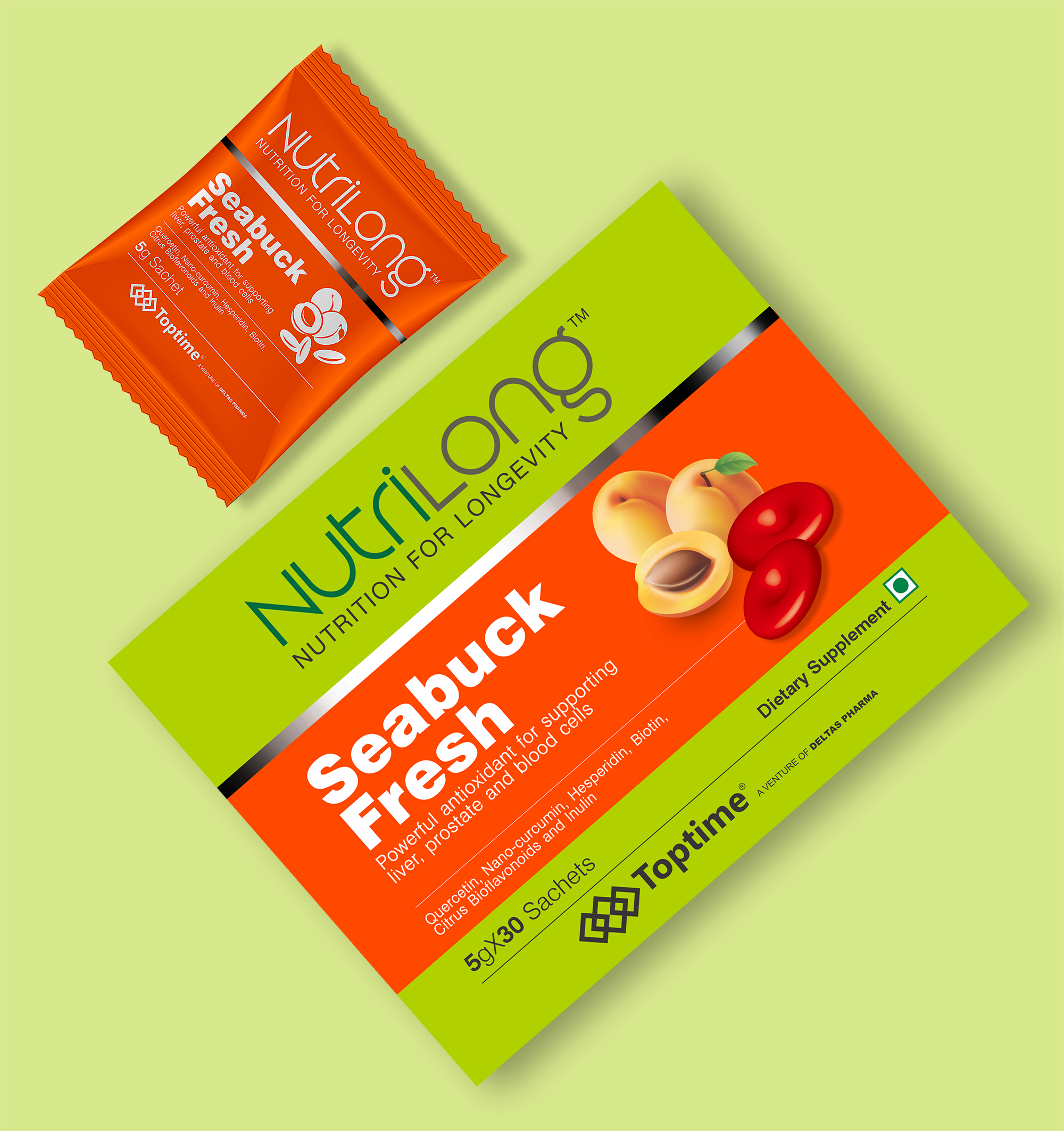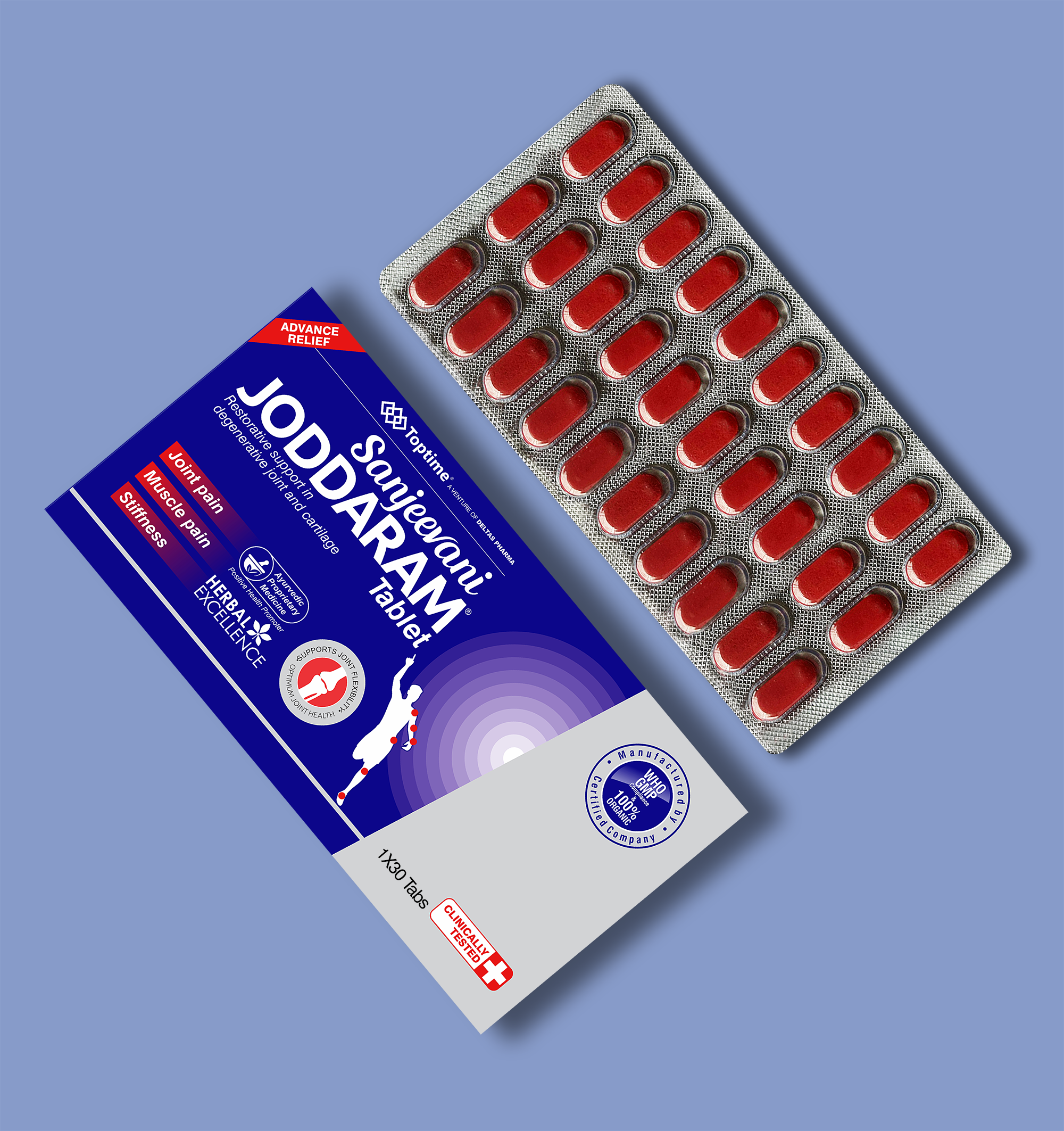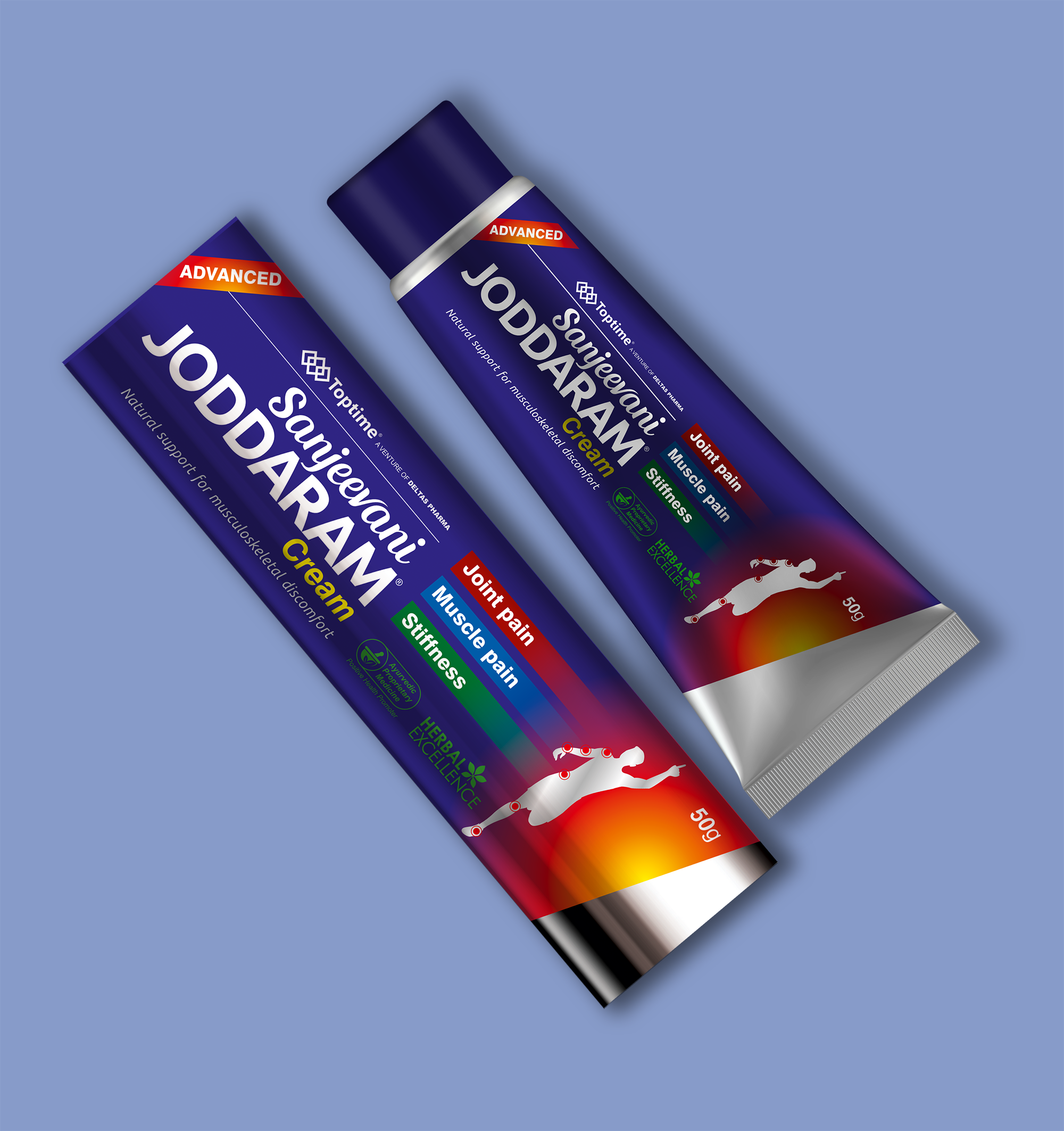The Fast-Moving Consumer Goods (FMCG) sector is one of India's largest and most competitive industries. Covering essential products like food, beverages, toiletries, and household items, it plays a vital role in everyday consumer life. With a growing middle class, increased urbanization, and the rise of e-commerce platforms, FMCG companies are experiencing significant growth across both rural and urban areas.
Key Factors Fueling FMCG Growth in India
- Rural Penetration: Rural areas account for nearly 45% of FMCG sales, with increasing consumption driven by improved infrastructure and access to new products. The government’s focus on rural development has facilitated greater reach of FMCG products through better roads, logistics, and retail networks.
- E-commerce Boom: With the advent of platforms like Amazon, Flipkart, and Grofers, consumers can access a wide variety of FMCG goods at the click of a button. This has enabled brands to directly connect with customers, increasing both convenience and accessibility.
- Health and Wellness Trend: Indian consumers are becoming more health-conscious, driving demand for organic, natural, and healthier product alternatives. FMCG companies are increasingly launching products that cater to this trend, such as herbal skincare, plant-based foods, and immunity-boosting supplements.
- Sustainability: There is a growing demand for eco-friendly and sustainable packaging in FMCG products, pushing brands to innovate and adopt greener practices to appeal to environmentally-conscious consumers.
Major FMCG Categories in India
- Food and Beverages: Packaged foods, snacks, dairy products, and beverages dominate the FMCG sector. With the rise of ready-to-eat meals and health drinks, this category has seen exponential growth.
- Personal Care: Products such as soaps, shampoos, skincare, and cosmetics are essential staples. India’s beauty and personal care market is growing rapidly, driven by increasing disposable income and lifestyle changes.
- Household Items: Cleaning agents, detergents, and other household supplies are consistently in demand, especially with greater awareness of hygiene and cleanliness.
- Health and Wellness: With the impact of COVID-19, there’s been an increased focus on health and wellness products such as vitamins, supplements, and sanitizers.
Challenges Faced by the Indian FMCG Sector
While growth is substantial, FMCG companies in India face challenges like fluctuating raw material prices, competition from local brands, and regulatory changes. Additionally, maintaining distribution efficiency in rural areas remains an issue, although many companies are addressing it with innovative solutions.
Future of FMCG in India
As digitalization continues to reshape retail channels, the Indian FMCG sector is expected to see steady growth. With increasing demand for premium products, personalized offerings, and omnichannel experiences, FMCG brands must continue to evolve to stay ahead in this dynamic market.
In summary, the FMCG sector in India is thriving, driven by changing consumer preferences, digital advancements, and deeper market penetration across urban and rural landscapes. For businesses, focusing on consumer trends, sustainability, and innovation will be key to long-term success in this fast-paced industry.















